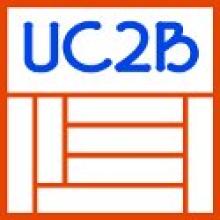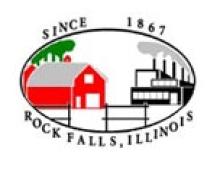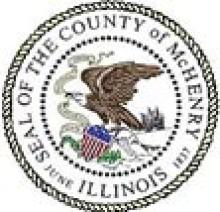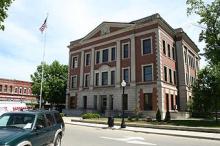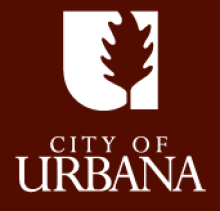Small Illinois Town Will Vote On Fiber Investment in April
The Village of Gilberts, Illinois, will ask voters in April to authorize up to $5 million in General Obligation bonds to deploy a FTTH network reports the Daily Herald. GO bonds are rarely used for network deployment but often used for public works projects and other publicly owned assets. Due to the funding mechanism in Gilberts, the network would be publicly owned.
"It's something that is not readily available in other communities," Village Administrator Ray Keller said. "It would set us apart and put us on a path to better meet the needs of our residents and businesses as their demands and needs for technology grows."
The community, home to 6,800 people, has experienced rapid population growth since 2000. At that time only 1,200 people lived in this northeast Kane County village.
According to the article and January Board of Trustee minutes [PDF online], the bond issue would increase property taxes 1.8 percent on most tax bills. Properties with a market value of $250,000, which is most common in Gilberts, would pay an additional $150 per year or $12.50 per month to fund the infrastructure deployment. There are approximately 2,400 taxable properties in Gilbert today but as more properties are built, each property owner's share would decrease.
This is the second time the village has planned for a fiber network to improve connectivity throughout the community. In 2013, Gilberts entered into an agreement with i3, a British company that eventually folded, to deploy fiber using sewers as conduit. In that plan, i3 would have owned the fiber network.
Developer Troy Mertz is spearheading the project. His company is investing in a new housing development that will eventually include an additional 985 new homes. As part of that development and independent of the municipal fiber project, Mertz is installing fiber to each structure at his own expense. His company, iFiber Networks will also run fiber to nearby municipal and public safety buildings and the Gilberts Elementary School. According to the Daily Herald, iFiber is not charging the city for bringing fiber to its facilities or the school.



